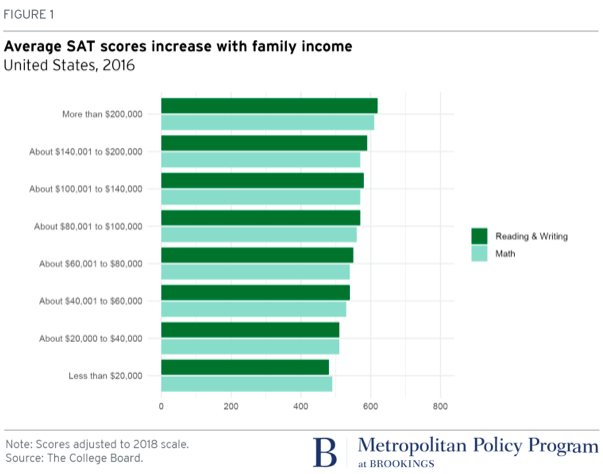The recent college admissions bribery scandal emphasizes the strong hold wealthy families have on the education system. In the wake of the scandal, Marquette should consider expanding measures to provide opportunities for students of all income levels. This could include removing legacy status in admissions considerations and increasing the number of low-income student enrollments.
At least 50 people were charged in the college admissions scheme, which was revealed by the Department of Justice March 12. The scheme involved a network of wealthy parents who paid thousands of dollars to improve their children’s chances of attending elite schools, such as Stanford and Yale, by bribing standardized test administrators, college coaches and administrators.
While it’s unlikely that bribery on this scale is common, the scandal appears to have furthered public distrust in the fairness of college admissions. About 67 percent of registered voters believe the college admission process favors the wealthy and well-connected in an unfair way, according to a recent poll by USA Today and Suffolk University. Additionally, 63 percent of these voters oppose admissions preferences for the children of alumni.
A large number of Marquette students have familial connections to the school, more than 20 percent of Marquette’s current first-year class are legacy students, according to the Office of Undergraduate Admissions. At Marquette, legacy status is defined as having a parent or sibling who attended the university. Additionally, Marquette’s Common Data Set, which lists reviewed factors for first-year admissions, includes a consideration for the applicant’s “alumni/ae relation.”
It’s currently unclear how much legacy status improves a Marquette applicant’s likelihood of getting accepted based on the Office of Institutional Research and Analysis’ available online admissions reports. The applicant’s alumni relations is also not listed as an important or very important application consideration, which is designated for categories like academic GPA and extracurricular activities.
Nonetheless, an applicant’s relation to alumni is a fundamentally unfair admissions consideration and should be removed from application forms. No amount of hard work or studying can give a student legacy status. The children of alumni are also significantly more likely to be wealthy, which led education writer Richard Kahlenberg of The Atlantic to deem legacy preferences “affirmative action for the rich.”
Research on legacy admissions practices at more selective universities should call the practice into question across all academic institutions. A Harvard University researcher studied 30 highly prestigious universities and found that legacy applicants were more than three times more likely to be accepted than non-legacy students. The research controlled for other factors that may have otherwise explained why legacy applicants were more appealing, such as standardized test scores, high school GPA, athlete status and extracurricular activities.
Aside from removing legacy considerations, Marquette should examine ways to improve the school’s overall economic diversity. The median parent household income level for Marquette students is $124,800, according to research from Harvard’s Opportunity Insights Project. The project’s data indicates that this income level is higher than comparable regional Jesuit institutions, like Loyola University Chicago and Saint Louis University. Additionally, only 2.75 percent of Marquette students came from parents in the bottom 20 percent of the income distribution, compared to 5.5 percent of students from the top 1 percent of the income distribution.
It’s especially crucial for Marquette to recruit more high-achieving students from the lowest income levels because education is often seen as an opportunity equalizer. Researchers at the National Bureau of Economic Research performed a long-range study using tax data from 1999-2013 comparing college graduates’ earnings in their early 30s to their parents’ household income levels. They found that children from both low-income and high-income families had similar earnings outcomes based on the colleges they attended, showcasing the way students from all economic circumstances can find success through a university education.
By increasing low-income enrollments and removing alumni connections in admissions considerations, Marquette would show a commitment to providing opportunities for students of all backgrounds. This commitment would work toward removing the stigma that the wealthy and powerful have undue influence over the university system.




Concerned Alum • May 14, 2019 at 9:27 pm
While I agree with the sentiment of this article in terms of recruiting qualified low income students to Marquette, the admissions scandal is totally irrelevant to Marquette, who last year had an acceptance rate of 89%. The school’s senseless enrollment strategy will slowly but surely destroy it’s reputation. Marquette has already suffered serious damage on the east coast, where folks care a great deal about status, prestige, and exclusivity. MU can still maintain it’s mission by recruiting more QUALIFIED low income and minority students, which there are plenty of, but make no mistake….MU’s senseless enrollment strategy is a major turn off to these students. Why would they want to enroll at a school that let’s in almost 90% of everyone who applies? The answer: They largely don’t and end up going to wealthier more prestigious schools that have more scholarship money to throw at them.